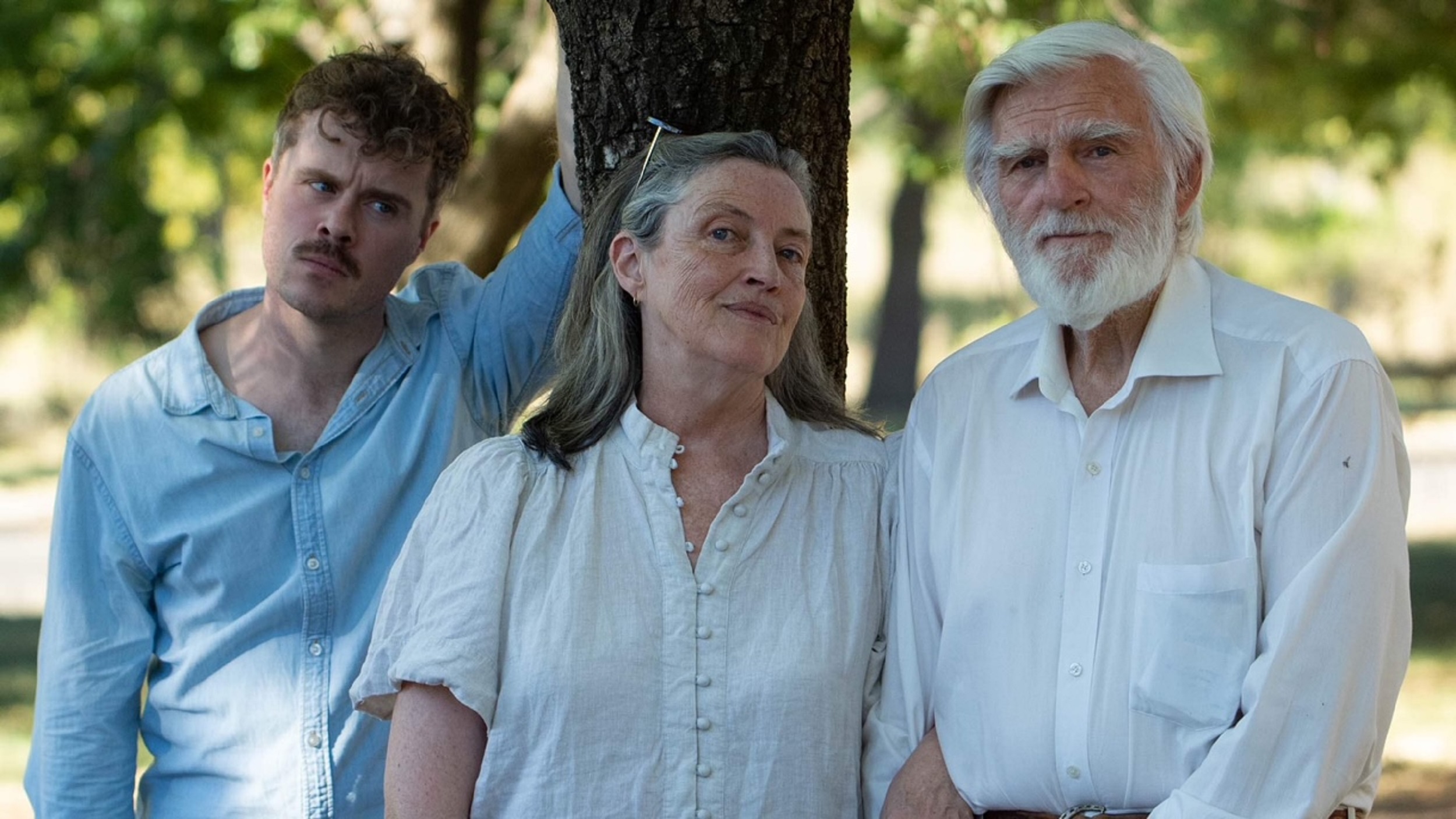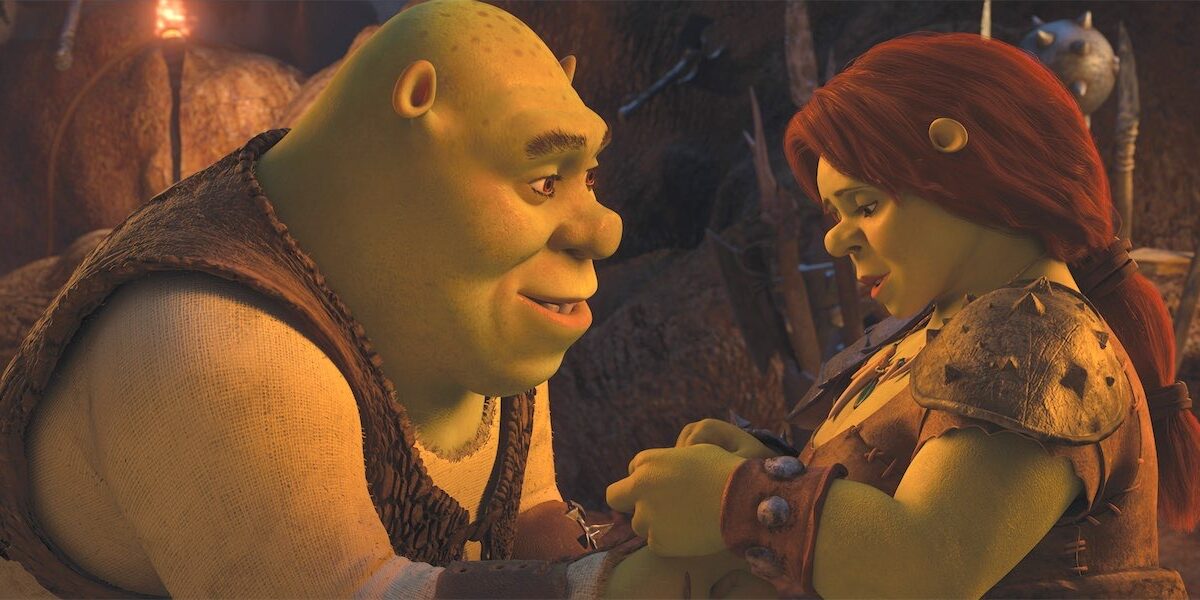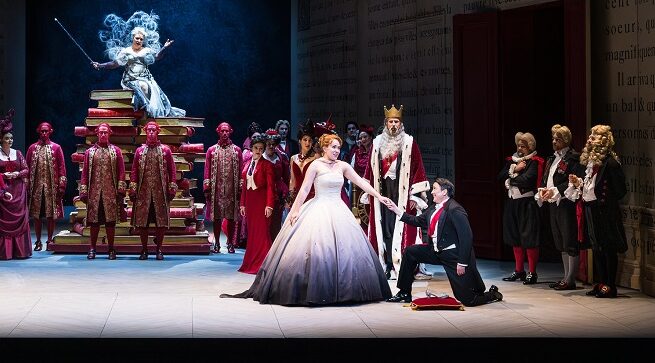
Anton Chekhov’s play Seagull is one of the most emblematic in the western theatrical canon, a flagship for modern theatre.
It is also quite literally the emblem of the Moscow Art Theatre, where it was staged in a famous production by Konstantin Stanislavski and it gives its Russian name, Chaika, to Karen Vickery’s theatre company, about to stage the play at ACT Hub in Kingston.
Vickery, of Russian heritage, has come up with a new translation of the play and has dropped the definite article from the title (most readers will know it as The Seagull) on the basis that there are aren’t any in Russian, and also that, as she says, “I like the sense of the symbolism, it’s richer”.
The first of Chekhov’s great plays, Seagull revolutionised the theatre with its subtle characterisation and seamless mixture of comedy and tragedy so finally balanced that scholars have been writing PhD theses about it ever since.
When I catch up with Vickery, she tells me that while the production is veering towards the comic, it genuinely is a tragi-comedy.
“My feeling personally is that everybody in the play is reaching for the light but they continually fail – it’s both tragic and comic,” she says.
“It would be all too easy for it to veer into buffoonery, so we’re trying to create a balance in the translation and in the production, although we are finding it funny in the room… Chekhov is such an acute observer of human behaviour and if you look at it from a distance, it’s very funny but if you zoom in close, it’s not funny at all.”
Vickery is not directing it – that falls to one of Canberra’s most intelligent young directors Caitlin Baker, but she does play the ageing actress and matriarch of the play, Arkadina, mother to the sensitive protagonist, the young playwright Konstantin (Kostya).
He’s frustrated as to how to get away, become the kind of writer he wants to become and to be taken seriously by Arkadina, who is having an affair with a successful commercial writer not much older than Kostya in this version, giving the impression of some transgressiveness in her relationship.
None of these characters is Chekhov himself. “He never gets biographical, even if you glimpse him,” she says – a bit like Shakespeare.
This will be an indoor-outdoor production: “It seemed to me that The Hub, sitting in an old building with beautiful trees around it and with proximity to a lake, was a little like The Seagull, so the first two acts will be outdoors and the last two indoors.”
Joel Horwood plays Konstantin. Unlike Vickery. He is not a Chekhov expert. Indeed, when he was studying professional acting at the WA Academy of Performing Arts he had a very uneasy experience with Uncle Vanya and kept away from his plays ever since.
Now he is taking on a significant role, playing Chekhov’s Hamlet.
To him, the most Hamlet black moment in the play is where Irina is wrapping the bandage around his head, something somewhat similar to the scene in Hamlet in his mother’s bedchamber.
He agrees with Vickery that “Seagull edges on tragedy” but admits that they are mining it for its comedy.
“There are plenty of light, humorous moments, a bit like King Lear,” he notes, ”you’ve got to find the comedy for the serious moments to pay off.”
He sees Kostya as perhaps 27, initially full of youthful exuberance with a lot of ideas and confident in his view that his mother’s lover Trigorin is a boring writer, and that Arkadina’s acting is much the same.
“But then I have to play him two years later, when a lot of things have gone wrong,” he says.
“I’m playing the feeling of being trapped in depression, stuck out in the country with an ageing uncle, where he can’t live up to his mother’s expectations.
“But I’m trying to avoid falling into the trap of making him melancholy and whingeing… we’ve got to see the bright spark in of life in him.”
As his WAAPA tutor Angela Punch McGregor stressed, Chekhov’s characters may appear depressed, but they always try their best to push through.
Seagull, at ACT Hub, Kingston, April 10-21.
Who can be trusted?
In a world of spin and confusion, there’s never been a more important time to support independent journalism in Canberra.
If you trust our work online and want to enforce the power of independent voices, I invite you to make a small contribution.
Every dollar of support is invested back into our journalism to help keep citynews.com.au strong and free.
Thank you,
Ian Meikle, editor




Leave a Reply